Here is how these third generation Nollywood queens became the 'diva' blueprint
)
While 'Nollywood' only became a 90’s identity description, the Nigerian movie scene has a long history that dates back about a 100 years.
Before Nigerians started making movies for the projectors, there was the broadway era of stage plays championed by Hubert Ogunde, Kola Ogunmola, Duro Ladipo, Adeyemi Afolayan, Oyin Adejobi, Sadiq Balewa and so forth.
Just after the Geoffrey Barkas produced Palaver in 1926, cinemas like Capitol Cinema, Casino Cinema, Kings Cinema, Central Cinema, Rialto Cinema, Corona Cinema, Odeon Cinema, RoadHouse Cinema, Ikeja Arms Cinema and Glover Hall championed the celluloid era alongside the dominance of people like Hubert Ogunde.
Through this period of Alarinjo troupe, we had divas. Some of them were actors and some of them were dancers and crowd favourites whom people came to see, they were sex symbols idolized and celebrated by the crowd. While the tabloid era which saw the lives of nationally renowned actors was yet to commence, moviegoers had favourites amongst Ogunde’s or Duro Ladipo’s troupes.
The limitation that they had was that at that time, attending a cinema can be said to be a rare privilege and movies were not virally circulated. Due to this, only filmmakers and few actors like Ade-Love were renowned because regularity of faces could not be easily monitored, the divas were pretty obscure and it was hard to put names to faces.
Who is a film diva?
From this perspective, a diva is simply a female film actor who mesmerized with her acting skills, became popular and became the object of obsession as a sex symbol, a fashion and style inspiration either through their on-screen portrayals or real lives.
Sometimes, being a diva also means tabloid era relevance as a strong seller of news and rumours because people want to details into the lives of their favourite film stars.
First generation divas (Late 60’s - late-70’s)
Thus, the emergence of the first notable set of Nollywood divas can be pegged around the late 70’s when VHS players and television became household appliances and movies enjoyed better circulation. This era also coincided with the advent of the burgeoning reputation of Nigeria’s legacy newspapers and magazines.
Due to these factors, actors were interviewed, movies got PR push and the making of Nigerian film ‘stars’ commenced. People wanted to peer into their lives, and newspapers afforded them the opportunity.
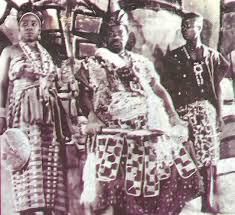
Sex symbols emerged, film fashion and style informed mainstream pop culture and beautiful actresses got idolized by teenage boys and grown men alike – the ‘diva’ was birthed.
Some of these divas include, Onyeka Onwenu, Bukky Ajayi, Abiodun Caroline Duro-Ladipo, Idowu Phillips, Joke Silva-Jacobs and so forth.
They set the pace and they were idolized by Nigerians who swooned over them and near kissed the ground the walked. But while they set the pace, the Nigerian cinematic industry was in its golden era, but all the factors that aided star-power were still in infancy. Thus, they didn’t enjoy the spotlight nearly as enough as they should have.
Second Generation divas (Early 80’s - early mid 90’s)
The second generation divas enjoyed more coverage as soft sell magazines sprang up. One way film stars, however, stood out from this generation is how they stood created the ‘personal life scandal era.’
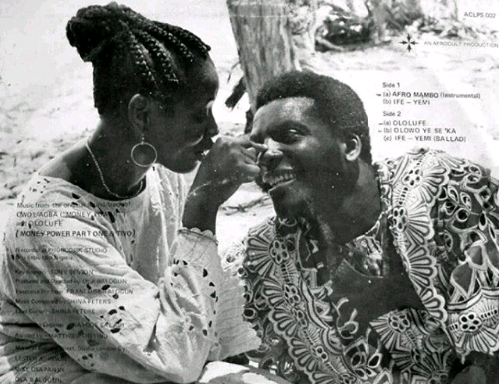
In 1983, a teenage Clarion Chukwura Abiola got pregnant by Sir Shina Peters, who was in his mid-20’s after the met on the set of classic, ‘Money Power.’
Although roots were laid in the mid-80’s, the second generation of Nollywood didn’t really peak until the 90’s when the likes of Gloria Alozie, Liz Benson, Dolly Nnachukwu, Hilda Dokubo, Regina Askia, Bimbo Akintola, Alexandra Lopez, Eucharia Anunobi and Sandra Achums emerged.
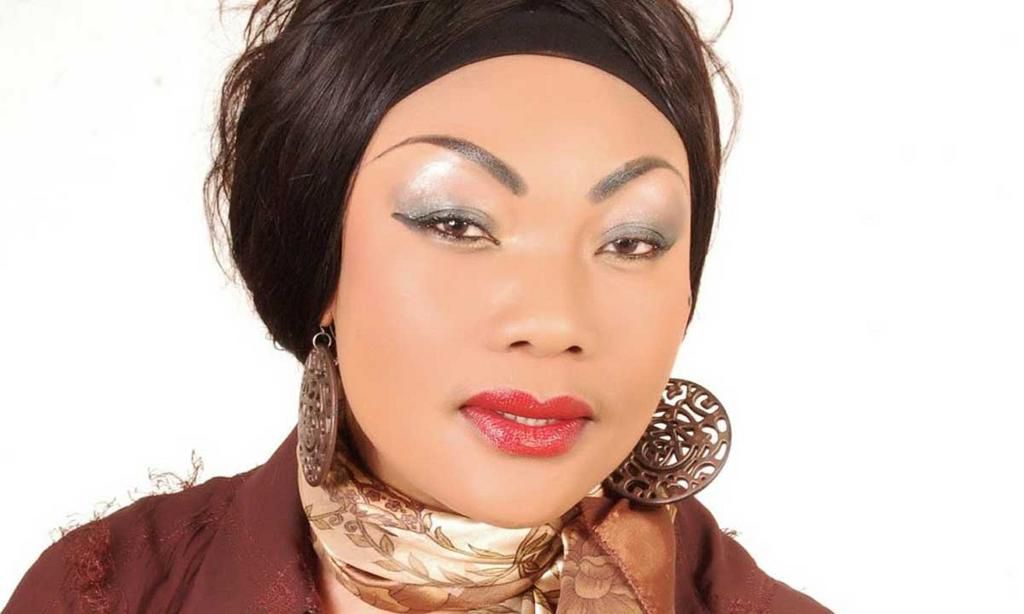
This generation also coincided with the rise of soft-sell magazines like Encomium and City People that celebrated the razzmatazz and substance of celebrity style, fashion, high society parties and gist.

The influence of these divas was so incredible, they had a mythical hold on the very religious Nigerian homes that parents banished their children from watching these ladies in movies for fear of emulating their fashion, style and on-screen characters.
For example, a movie like ‘Glamour Girls’ was a scandalous hit for its explicit scenes.
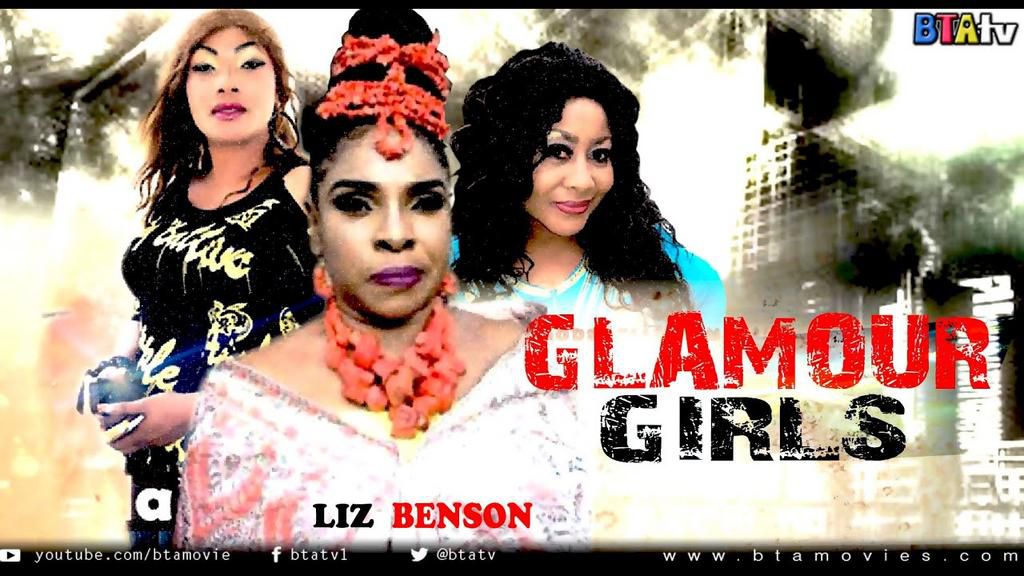
These women were sex symbols, not least for their avant-garde, revealing fashion that represented a shift from the mainstream conservative fashion of strict Nigerian parents, but due to their portrayal of characters on a film like ‘Glamour Girls’ which is a strong reference point.
While their generation can be said to set the blueprint for what a diva fully means, the generation that was to follow truly defined the ‘diva.’
The third generation diva (Mid 90’s - Mid 2000’s)
By the turn of the millennium, the Nigerian media and entertainment sphere had truly matured in size, and structure. This period also marked the turn of its 6-year peak in creativity, financial return and viral following of anything it created.
Tabloid became soft-sell magazines that tracked style and fashion of Nigerian celebrities and socialites. The formation of the Nigerian film star as a demi-god peaked in Nigerian pop culture that even legacy newspapers had to create celebrity and razzmatazz segments in mostly their weekend editions.
Celebrities were followed, just as they sold movies with their faces, lies about them sold newspapers and magazines. Just like Okocha and Kane became staples of Nigerian football, Genevieve Nnaji, Ini Edo, Omoni Oboli, Oge Okoye, Stephanie Okereke, Monalisa Chinda, Uche Jombo, Rita Dominic, Dakore Egbuson, Stella Damasus and so forth became action attractions and audience pull.
Around this time too, cyber cafes became major connection to the internet. This enabled celebrity pictures and content become online property.
Their era also coincided with the rise of romantic movies in Nollywood, which strengthen their stranglehold on star-power and influence – something the previous divas didn’t reflect like they did.
During this period, Genevieve Nnaji, Omotola Jalade-Ekeinde and Stella Damasus (then Aboderin), were three of eight actors (the infamous G8) banned from scene because their star power was so much, marketers drafted them for movies before film producers. This ended up creating anti-competition in the industry and became too expensive for independent producers.
With their fame also came endorsements and wealth. They also branched out into music and other profitable endeavours. People like Genevieve Nnaji even appeared on Piers Morgan Tonight, which had at that time had a home with CNN.
By the time Nollywood started nose-diving in 2006, on qualitatively, financially and by reputation, these women only soared. Crazily, even till now, these women are still sex symbols.
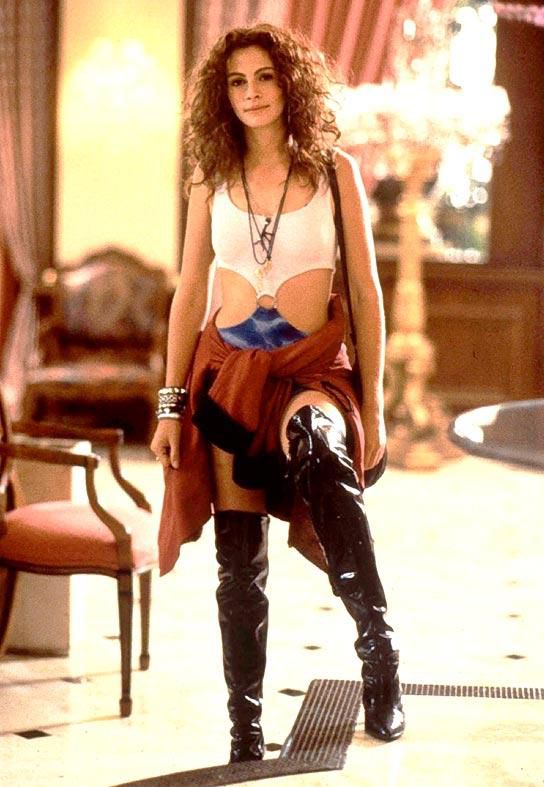
Every Nigerian guy in his 20’s or early 30’s had something for the women. Their run was like Elizabeth Taylor’s in the 60’s, Marilyn Monroe classy chic of the 70’s, Farah Fawcett in the late 70’s white shirt, or Julia Roberts in the 80’s Pretty Woman with the hair and pretty dress or Kelly McGillis with the hair from Top Gun.
In contemporary pop culture, a casual look at Instagram and Twitter accounts of a certain yungnollywood will confirm how the now extinct fashion and style of these women permeated the in-roads of Nigerian mainstream.
Current movie stars look up to their level of success and influence because they coverage they got was unreal.
In this current era, there are divas, but with the disjointed nature of contemporary Nollywood, the trajectory is hard to track. One person one can peg though is Adesuwa Etomi-Wellington.
)
)
)
)

)
)
)
)
)
)
)
)
)